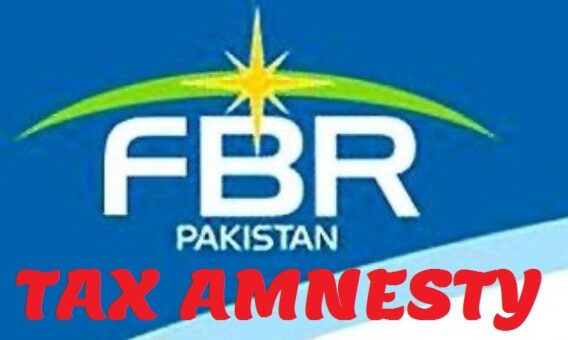KARACHI: A registered sales tax person is not allowed to entitle to reclaim or deduct input tax paid on various activities of manufacturing / supplies.
The Section 8 of updated Sales Tax Act, 1990 issued by Federal Board of Revenue (FBR) explained where tax credit is not allowed.
Section 8: Tax credit not allowed
Sub-Section (1): Notwithstanding anything contained in this Act, a registered person shall not be entitled to reclaim or deduct input tax paid on –
(a) the goods or services used or to be used for any purpose other for taxable supplies made or to be made by him;
(b) any other goods or services which the Federal Government may, by a notification in the official Gazette, specify;
(c)] the goods under sub-section (5) of section 3:
(ca) the goods or services in respect of which sales tax has not been deposited in the Government treasury by the respective supplier;
(caa) purchases, in respect of which a discrepancy is indicated by CREST or input tax of which is not verifiable in the supply chain;
(d) fake invoices;
(e) purchases made by such registered person, in case he fails to furnish the information required by the Board through a notification issued under sub-section (5) of section;
(f) goods and services not related to the taxable supplies made by the registered person.
(g) goods and services acquired for personal or non-business consumption;
(h) goods used in, or permanently attached to, immoveable property, such as building and construction materials, paints, electrical and sanitary fittings, pipes, wires and cables, but excluding pre-fabricated buildings and such goods acquired for sale or re-sale or for direct use in the production or manufacture of taxable goods;
(i) vehicles falling in Chapter 87 of the First Schedule to the Customs Act, 1969 (IV of 1969), parts of such vehicles, electrical and gas appliances, furniture furnishings, office equipment (excluding electronic cash registers), but excluding such goods acquired for sale or re-sale;
(j) services in respect of which input tax adjustment is barred under the respective provincial sales tax law;
(k) import or purchase of agricultural machinery or equipment subject to sales tax at the rate of 7 percent under Eighth Schedule to this Act;
(l) from the date to be notified by the Board, such goods and services which, at the time of filing of return by the buyer, have not been declared by the supplier in his return or he has not paid amount of tax due as indicated in his return; and
(m) import of scrap of compressors falling under PCT heading 7204.4940.
Sub-Section (2): If a registered person deals in taxable and non-taxable supplies, he can reclaim only such proportion of the input tax as is attributable to taxable supplies in such manner as may be specified by the Board.
Sub-Section (3): No person other than a registered person shall make any deduction or reclaim input tax in respect of taxable supplies made or to be made by him.
Sub-Section (4): omitted
Sub-Section (5): Notwithstanding anything contained in any other law for the time being in force or any decision of any Court, for the purposes of this section, no input tax credit shall be allowed to the persons who paid fixed tax under any provisions of this Act as it existed at any time prior to the first day of December, 1998.
Sub-Section (6): Notwithstanding anything contained in any other law for the time being in force or any provision of this Act, the Federal Government may, by notification in the official Gazette, specify any goods or class of goods which a registered person cannot supply to any person who is not registered under this Act.
Sub-Section (7): Omitted.



